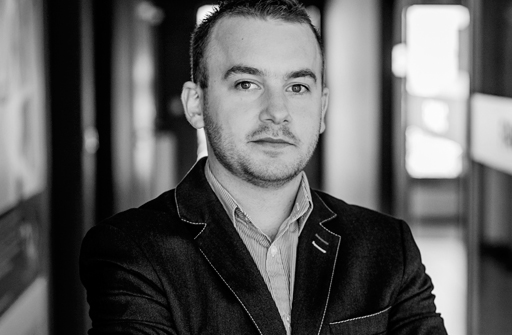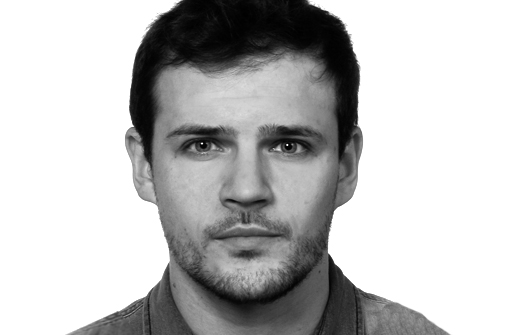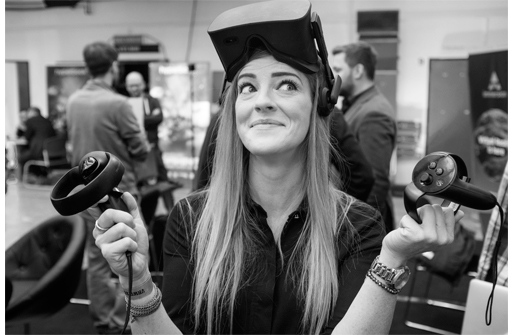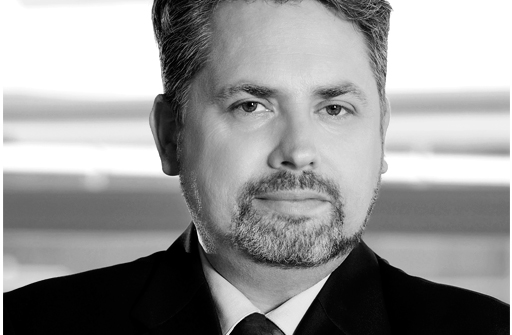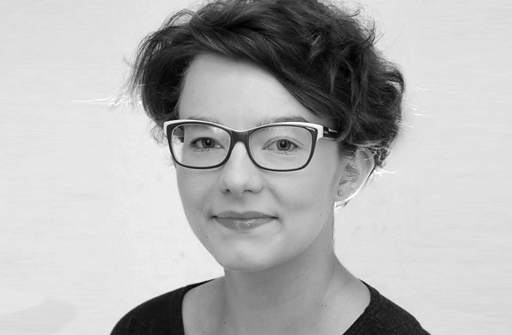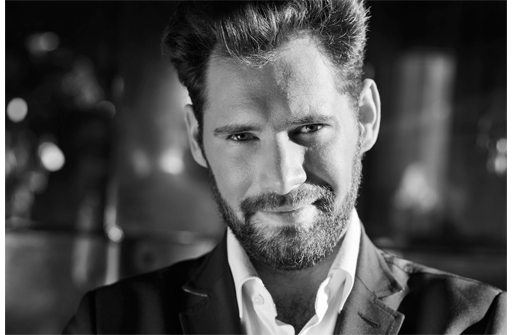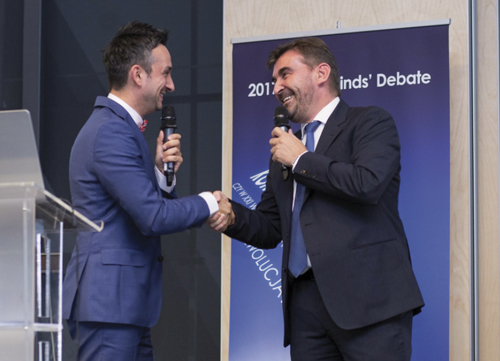
ABOUT THE CONFERENCE

Will robots working hand in hand with people become a threat to them, or on the contrary - will they increase people's productivity? What do we know about virtual reality? How should its possibilities strengthen the company's position in the market? What challenges in the business environment and social relations does the phenomenon of the sharing economy bring with it?
We will look for answers to these and other questions on 7 June 2018 at the Copernicus Science Center (Centrum Nauki Kopernik) in Warsaw during the 2nd edition of the Open Minds Debate.
In 2020, the global economy will be supported by about 100 million robots. Actions requiring reasoning, decision-making and learning will deprive the job of every 6th employee. The reduction will mainly cover low-qualified and middle-level staff. It may be possible to create new specializations for workers who are replaced by robots. Probably, however, it will be difficult to win on the labour market with an intelligent machine. For the present, the technology raises as much enthusiasm as fear, especially when talking about virtual reality. Pessimists emphasize that the culture of technology increasingly separates us from contact with nature, and being in an imaginary environment it threatens our identity. Enthusiasts emphasize the enormous possibilities of VR in the storage of memory, which enables us to create and process the culture that our civilization consists of.
Another theme that warms up the discussion is the today's trendy economic and social trend of more efficient use of resources through sharing, transfer and exchange. Does common consumption contribute to the expansion of the consumer market? Maybe it increases the demand for work and the supply of labour simultaneously? Let's discuss it!
Open Minds Debate will be again led by Radosław Brzózka, TV and radio journalist, reporter, author and host of popular science programmes, conferences and seminars throughout Poland.
AGENDA

09.00–09.45
Registration. Morning coffee.09.45–10.00
Welcoming guests. Presentation of the FM Logistic companyPatrick Bellart
Director of Technological Innovation and Automation, FM Logistic
10.00–11.30
Panel I: Robotization
Mateusz Amroziński
New Projects Specialist - FANUC Polska
Łukasz Gruszka
Robotics engineer, SORTER
One of the strongest trends that will shape the labour market over the next decades. Machines are becoming more autonomous; they can substitute a person in increasingly complex activities. The introduction of advanced robots means higher production capacity, better quality and repeatability of a single product. In the short term, it means a significant reduction in employment. According to the Industry 4.0 philosophy, robots will work side-by-side with people, which means changing the landscape of production halls and warehouses - their modernization, improvement and flexibility, allowing you to quickly adapt to any situation if necessary. It is a fascinating topic that arouses extreme emotions.
11.30–13.00
Panel II: Shared economy
Karolina Mikołajewska–Zając
Sociologist
Kacper Winiarczyk
DASH & CEE General Manager at Ofo / ex Uber GM
It seems that modern adolescents have a completely different approach to the issue of ownership than their previous generations. The need for constant change, refinement and customization reduces the need for permanent ownership for the occasional use of cars, apartments and even household appliances. We earn money by sharing our car, room, time, creativity and free funds on our accounts. While in 2013 "sharing" constituted a fraction of the lending market, it is estimated that in 2025, the segment of "sharing" and the segment of traditional companies offering loan services are to be equal in terms of revenues. Analysts predict that in 2025, the total value of these sectors will amount to $335 billion. In comparison, currently they generate just $15 billion in revenues. Sharing knowledge, talent, time and resources to create a common good and exchange is a social phenomenon that raises a number of new challenges in sales and distribution processes, and also in legislation (a perfect example of the controversy around UBER or Airbnb).
13.00–13.45
Lunch.13.45–15.15
Panel III: Virtual Reality
Katarzyna Jaklewicz
Programme Director of European VR/AR Congress at Gazeta Wyborcza
Adam Jurgilewicz
Medical Affairs Director and Digital Marketing Expert
15.15–16.30
Discussions behind the scenes.SPEAKERS

Mateusz Amroziński

New Projects Specialist - FANUC Polska. The graduate of the Mechatronics of the Wrocław University of Technology (Faculty of Mechanical Engineering). Started working for FANUC Polska in June 2012.
Łukasz Gruszka

Robotics engineer at SORTER. He graduated from Automation and Robotics at Warsaw Polytechnic. The specialist in the development of the SORTER company - a Polish producer of sorting machines for fruit.
Katarzyna Jaklewicz

Programme Director of European VR/AR Congress at Gazeta Wyborcza. An enthusiast of new technologies and a VR evangelizer. She co-created the first multimedia report in the Polish press and Clou - a reading app. Awarded, among others, during the Mobile Trends Awards, as well as in the Grand Front contest.
Adam Jurgilewicz

Medical Affairs Director and Digital Marketing Expert. A medical practitioner, multimedia producer and technology entrepreneur with experience in building teams and digital products (VR and AR) around the world.
Karolina Mikołajewska –Zając

Sociologist. She works at the Department of Management in a Network Society at the Kozminski University. In 2016-2017, she conducted research on the institutionalization of sharing economy platforms at the University of California, Berkeley.
Kacper Winiarczyk

General Director of DASH & CEE in Ofo / former GM in Uber. He began his career in the advertising industry, from which he came to the technology industry as a member of the management team.
VENUE AND ACCESS

Venue: Centrum Nauki Kopernik / Copernicus Science Centre, Wybrzeże Kościuszkowskie 20, Warsaw, Poland.
Entrance: Centrum Konferencyjne Kopernik / Copernicus Conference Centre (conference hall on the first floor)
Underground access:Centrum Nauki Kopernik underground station
Car access: You can leave your car in the paid car parking area around the Copernicus Science Centre (8am–6pm, Monday to Friday). Oppositee the centre is the street Ul. Leszczyńska, which is outside the municipal zone, with fees collected 7 days a week. The Centre’s car park operates 7am–9pm with a price of PLN 5 per hour.


